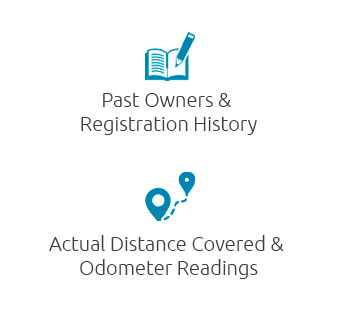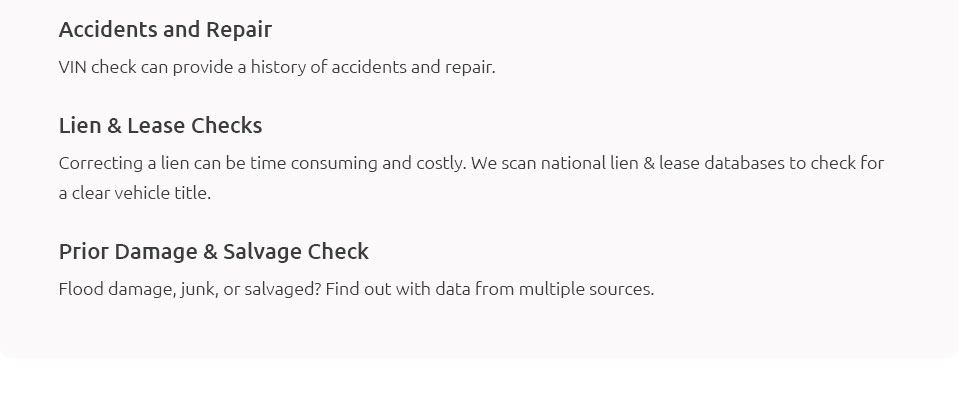 |
 |
 |
 |
 |
||
 |
 |
|
 |
 |
|
 |
 |
 |
 |
||
 |
 |
 |
 |
 |
 |
||||
|
||||
 |
 |
Exploring the Intricacies of Retrieving Car Details by Registration NumberIn today's fast-paced world, the need to quickly obtain car details by registration number has become increasingly prevalent. Whether you're buying a used vehicle, verifying information for insurance purposes, or simply satisfying your curiosity, the ability to access this information can be invaluable. With the proliferation of online tools and databases, discovering the history and specifications of a car has never been easier. But how exactly does this process work, and what are the implications of having such data readily available? One of the primary methods of retrieving car details is through dedicated online platforms that provide comprehensive reports. These platforms often aggregate data from various sources, including governmental databases, insurance companies, and automotive dealerships. By entering the car's registration number, users can uncover a wealth of information ranging from the make and model to more intricate details such as mileage, previous ownership, and accident history. This level of transparency is particularly beneficial for potential buyers who want to ensure they are making informed decisions. Moreover, the ease of access to car details can serve as a powerful deterrent against fraudulent activities. Sellers are less likely to misrepresent a vehicle's condition or history if they know that potential buyers have the means to verify their claims independently. This fosters a sense of accountability and trust within the automotive market, benefiting both buyers and sellers alike. However, it's essential to approach these tools with a discerning eye. While most platforms strive to provide accurate and up-to-date information, discrepancies can occasionally occur due to data entry errors or outdated records. It's also worth considering the ethical implications of accessing car details by registration number. While the information is publicly available, it raises questions about privacy and data security. Some argue that the ease of access could lead to misuse or exploitation, particularly if sensitive information falls into the wrong hands. Therefore, it's crucial for users to exercise discretion and respect privacy guidelines when utilizing these services. For those interested in a deeper dive into vehicle history, services like the new vehicle VIN number lookup offer even more granular details by examining the Vehicle Identification Number (VIN), which provides a unique fingerprint of a car's identity. Additionally, if you're curious about the owner of a car by plate number, there are resources available that can help, though these often come with stricter access limitations to protect personal privacy. In conclusion, while the ability to get car details by registration number offers a host of benefits, it's essential to balance accessibility with responsibility. By leveraging these tools wisely, consumers can enjoy greater confidence and security in their automotive transactions, paving the way for a more transparent and trustworthy market. As technology continues to evolve, we can expect these services to become even more sophisticated, offering new insights and enhancing the overall car-buying experience. https://www.quora.com/How-can-I-find-someone-s-vehicle-registration-number-with-their-information
Now you can get the details of a person from the vehicle number very easily, so it is very important to know some basic information of the ... https://www.policybazaar.com/motor-insurance/car-insurance/articles/how-to-find-car-insurance-details-by-registration-number/
It allows you to send an SMS with your vehicle registration number to 7738299899 to find RTO vehicle owner details on your mobile phone. However, this feature ... https://www.reddit.com/r/AskUK/comments/1dqobxd/how_do_i_find_a_persons_contact_details_from/
You, as an individual, can't get those details from a vehicle registration number. ... Imagine the privacy issues it would cause if some randomer ...
|



